
Dr. Kwadwo Ohene Sarfoh, a professional in housing and urban development, has emphasized that the role of consulting engineers will become increasingly valuable with the mainstream adoption of Environment, Social and Governance (ESG) practices.
Speaking at the 2023 Urban Environment Sustainability Conference organised by the Ghana Consulting Engineers Association (GCEA) in Accra, Dr. Sarfoh said: “The ESG will enhance their competitiveness and brand, and boost their disposition to innovations and being holistically ethical in their actions even as they deliver sustainable infrastructure in their commissioned assignments.”
The GCEA is an association made up of indigenous, legally constituted and registered consulting engineering firms licenced to practice in Ghana.
Speaking on the conference theme ‘Sustainable Infrastructure: Can we do better?’ as guest speaker, Dr. Sarfoh called on members of the GCEA to be intentional in their commitment to ESG norms and practices.
He said: “Calcified orthodox practices of non-transparent and minimalist inclusion of reactive compliance-responsive Environmental and Social considerations must give way to internal restructuring and rebuilding at the firm and collective levels to internalise ESG as core corporate values”.
He explained that mainstreaming ESG must first start with each individual practice. “It needs values modification, practice disruption and re-orientation, unlearning and relearning and, generally, a remodeling of corporate structures. All of these cannot be undertaken without pain and/or cost”.
Mainstreaming ESG
Dr. Sarfoh said Ghanaian consulting engineers can mainstream ESG through fundamental steps, including: supporting awareness creation among members and clients through conferences and seminars; targetted educational programmes; public debates and other civic engagements.
Presently, he said, one cannot find any such platforms at the national level targetting executive-level practitioners such as your kind selves assembled here today. “At best, there are a few free online courses which lack local contextual foregrounding. Related to that, office-level staff training programmes are not well-tailored and, very often, are left to individual staff to pursue at their own cost and convenience,” he stated.
He said the development of industry practice notes and guidance, codes of professional conduct, advisory circulars and such heuristic tools are also important for ensuring sector-wide appreciation and accommodation of ESG.
These tools have compelling powers which ensure minimal practice standards, he pointed out, stressing that lack of such tools in Ghana is a general malaise of professional practice in the country – and runs across various professions and business associations.
“GCEA needs to be mindful about what becomes its ‘bottom line’ in collective corporate practice beyond profits, mark-ups and return on investments,” Dr. Sarfoh stated.
Clear and consistent vision
Dr. Sarfoh said there must be a clear vision for the development and consistent implementation of ESG frameworks and tools to assess and monitor the performance of infrastructure projects to be in alignment with key covenants, such as the Sustainable Development Goals (SDGs) and Paris Agreement on climate change.
“Sporadic application will not yield the success that is desired,” he said
Opening the conference, President-GCEA, Ing. Magnus Lincoln Quarshie, said the responsibility for sustainable infrastructure lies with all of us – government, businesses, investors and citizens alike.
He called on all to collectively embrace a paradigm-shift, moving from a traditional infrastructure development model to one that has sustainable principles deeply embedded.
“The transition to sustainable infrastructure is not without its own challenges; this conference seeks to map-out strategies and solutions that address those challenges,” Ing. Magnus Lincoln Quarshie added.
He said the conference theme of ‘Sustainable Infrastructure: Can we do better?’ highlights the urgent need for infrastructure investment in a sustainable way at the national level, whereby we can improve the environment that we all depend on.
The conference also seeks to map-out strategies and solutions for addressing those challenges.
“We cannot speak to sustainability without talking about the triple bottom-line: planet, people and profit. Our actions and inactions must always protect the planet. When the last tree dies, the last man dies. We need to place people in the centre of our decisions. Much as we exploit the earth for human development, we need to do so wisely,” Quarshie said.
The post 2023 Sustainable Conference held in Accra appeared first on The Business & Financial Times.
Read Full Story
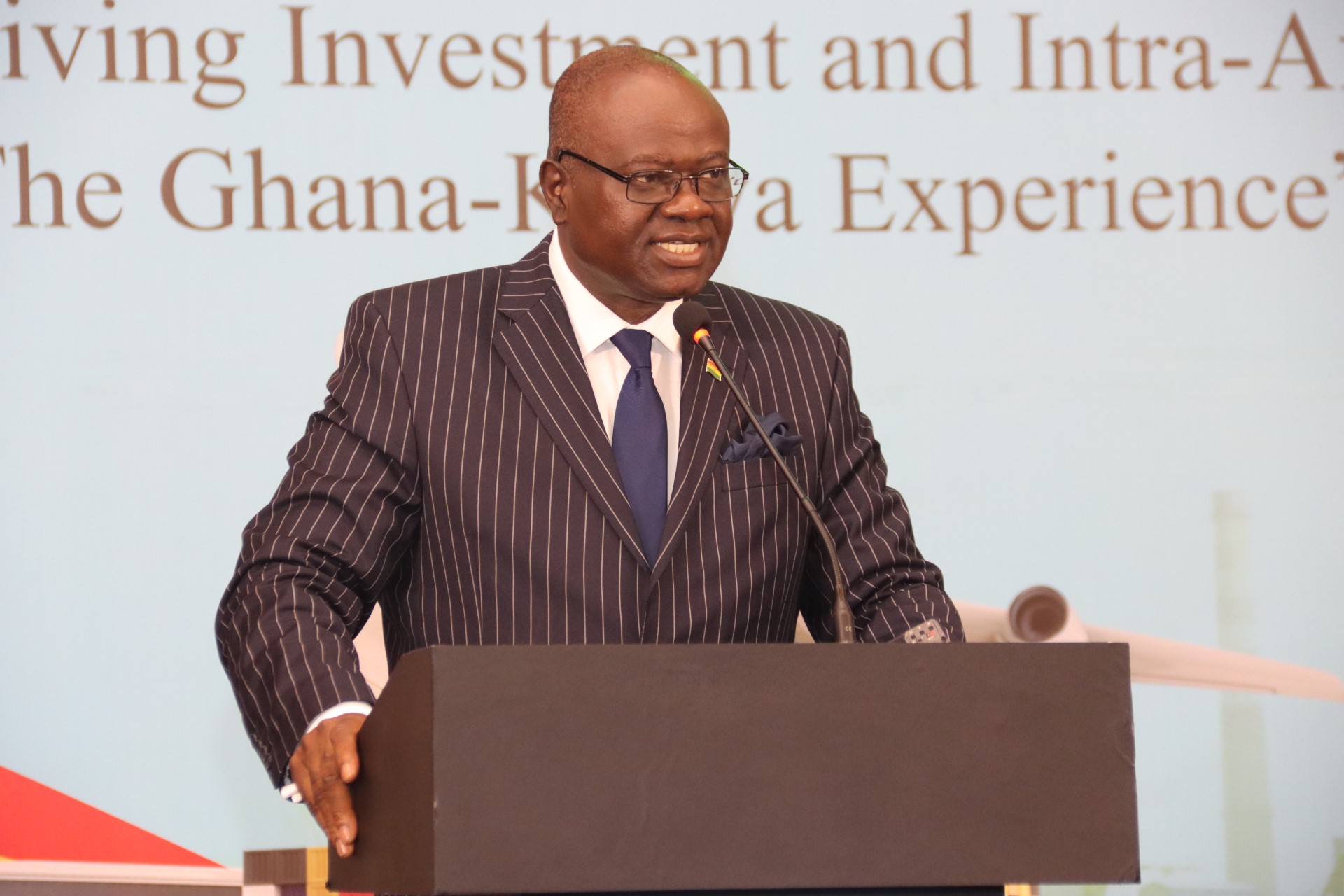

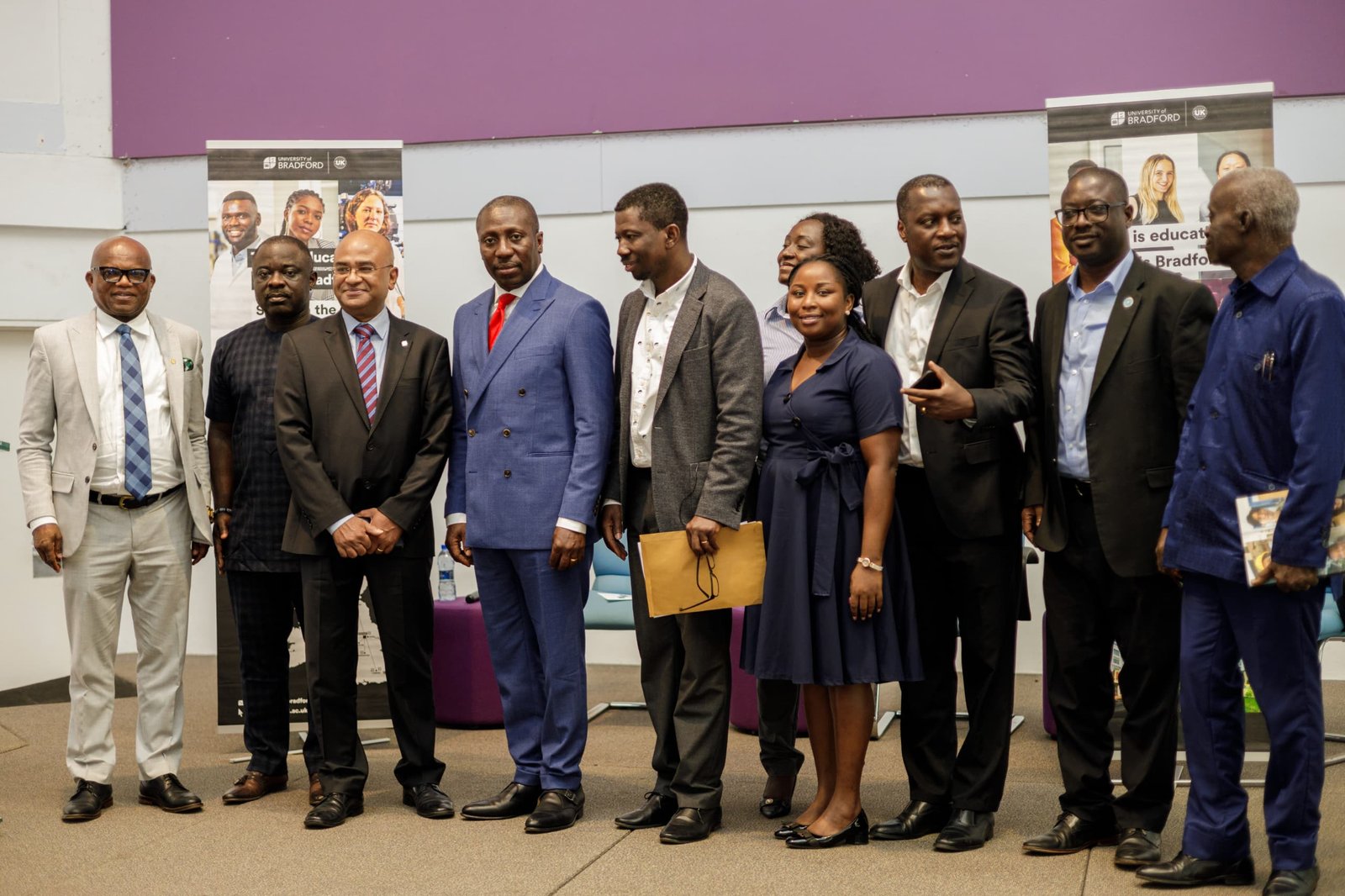

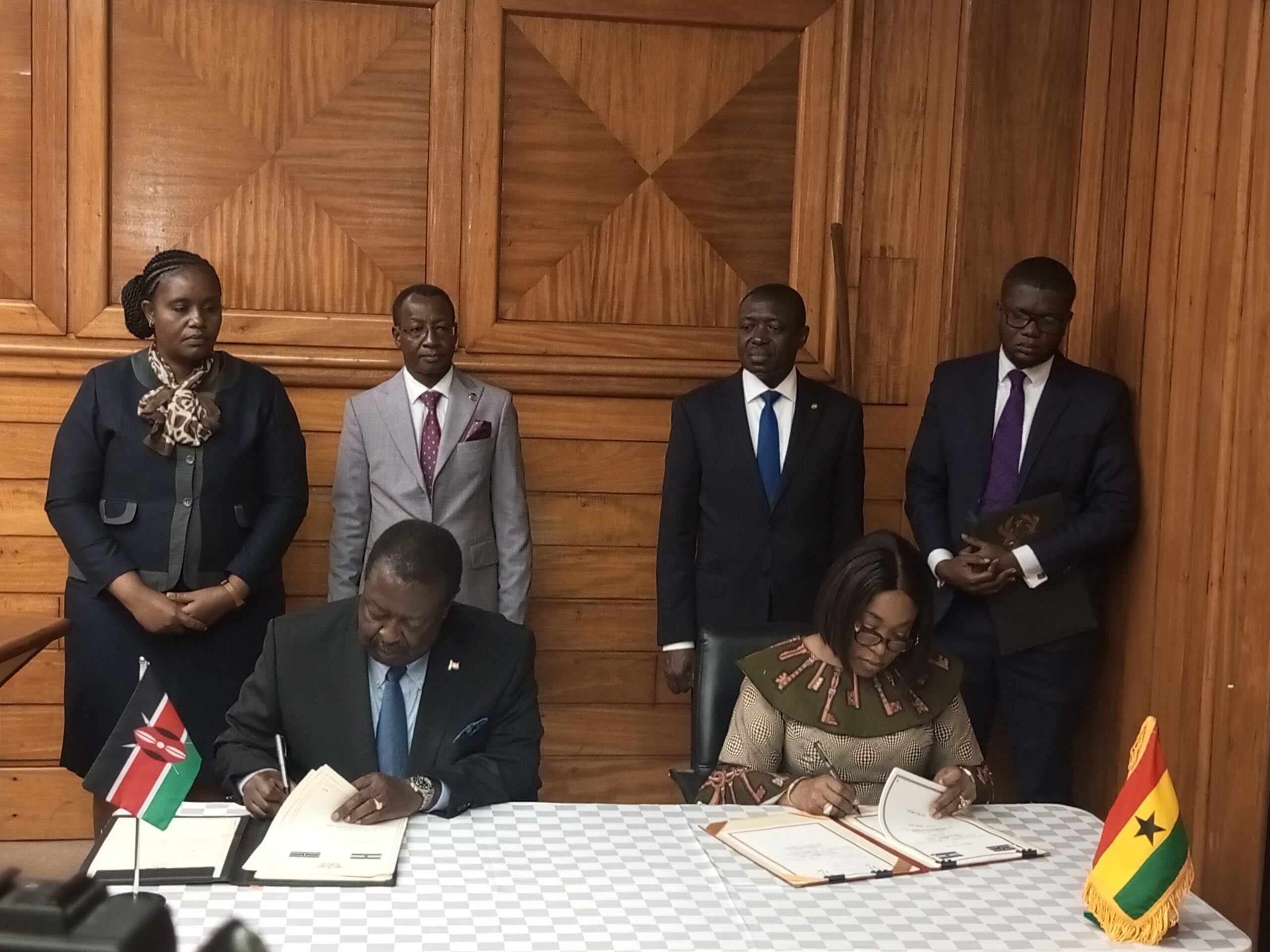

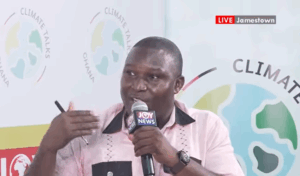





![Woman cries over missing 'momoni', beef from luggage, accuses KIA staff of theft [video]](https://sportal365images.com/process/smp-images-production/pulse.com.gh/19052025/bdad84a7-5dbb-449d-843d-51ddf0786681.png)




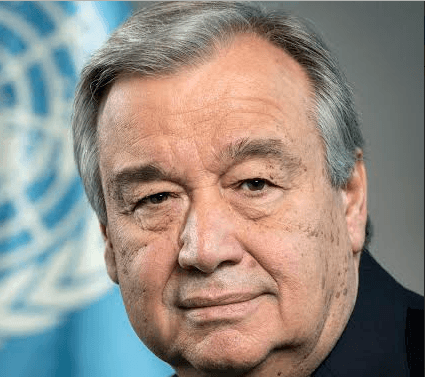

Facebook
Twitter
Pinterest
Instagram
Google+
YouTube
LinkedIn
RSS